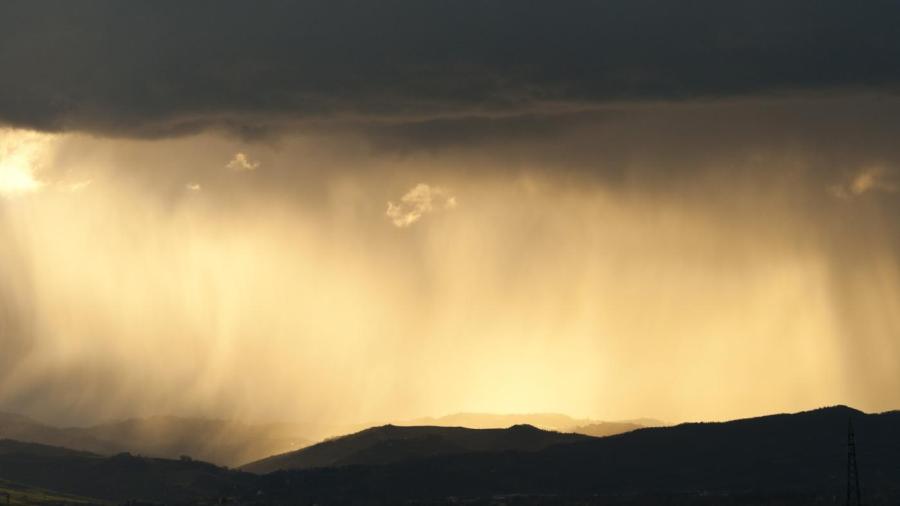How Does the Water Cycle Affect the Weather?

The water cycle is responsible for the rain, snow and ice that falls. It also affects the wind. Hot and cold air are moved around due, in part, to the water cycle.
Most of the water that makes up rain and snow evaporated from the ocean, and the water cycle is the means by which clouds form. Weather is influenced on many levels by precipitation in the atmosphere. The water cycle also affect the wind. While the ocean and areas of land are the prime drivers of wind, water in the atmosphere stores heat, which can create and redirect it. Wind patterns are complex, and the water cycle plays an important role.
Weather is largely driven by warm masses of air interacting with cold masses, and the water cycle has a major impact on air temperature. Solar energy is absorbed from the ocean, and this evaporated water brings heat with it. This heat increases the power of tropical storms, and many would fizzle out if not for the water cycle.
Large lakes also have an influence on local weather by serving as buffers; large lakes mitigate hot and cold temperatures. Without the water cycle, freshwater lakes would drain over time, and they rely on regular rainfall to stay filled.





